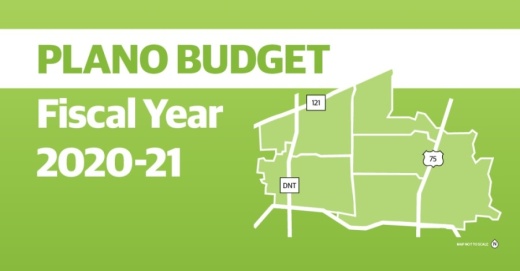The city’s annual budget—passed unanimously at $605.1 million—faced economic challenges due to the coronavirus pandemic, including losses in sales taxes, permit and licensing fees, and hotel and motel taxes, all major revenue sources for the city. Staff reacted with a budget contingency plan in March and took a proactive approach to prepare for projected losses through fiscal year 2020-21, according to City Manager Mark Israelson.
This contingency plan included a hiring freeze for any nonessential positions as well as a 5% cut to expenses across the board. By doing this and pausing any salary increases, Plano was able to retain its workforce, Mayor Harry LaRosiliere said.
The previous year's roughly $601.4 annual budget was re-estimated in the spring as part of the staff's reaction to the coronavirus pandemic. It was adjusted to close to $588.5 million for the fiscal year's end with hiring freezes and other cuts, according to Israelson.
This year’s budget has a tax rate that is $0.0028 per $100 of assessed property higher than the no-new-revenue tax rate—previously known as the effective tax rate—a decision made to offset a loss of revenue from land parcels that are under litigation. The exclusion of those parcels from the tax roll is due to a new requirement under Senate Bill 2, Budget Director Karen Rhodes-Whitley said. The approved tax rate of $0.4482 per $100 of assessed property value was approved Sept. 14 at the same meeting as the budget for fiscal year 2020-21.
The city estimates the average homeowner’s annual tax bill will decrease by $16 in the upcoming fiscal year. Numbers are still being finalized by local tax assessors, but the city expects to see a 3.5% increase in total property tax revenue, including an expected $3.7 million coming from new property in Plano.
Close to half of the city’s general fund expenses are dedicated to public safety. Another 15% is devoted to programs and services provided by the libraries, parks and recreation, and public works. The programs were funded at nearly the same levels the year prior.
“Obviously COVID-19 has had a significant impact on how service is delivered, but the services that are being delivered are still the same,” Israelson said.





